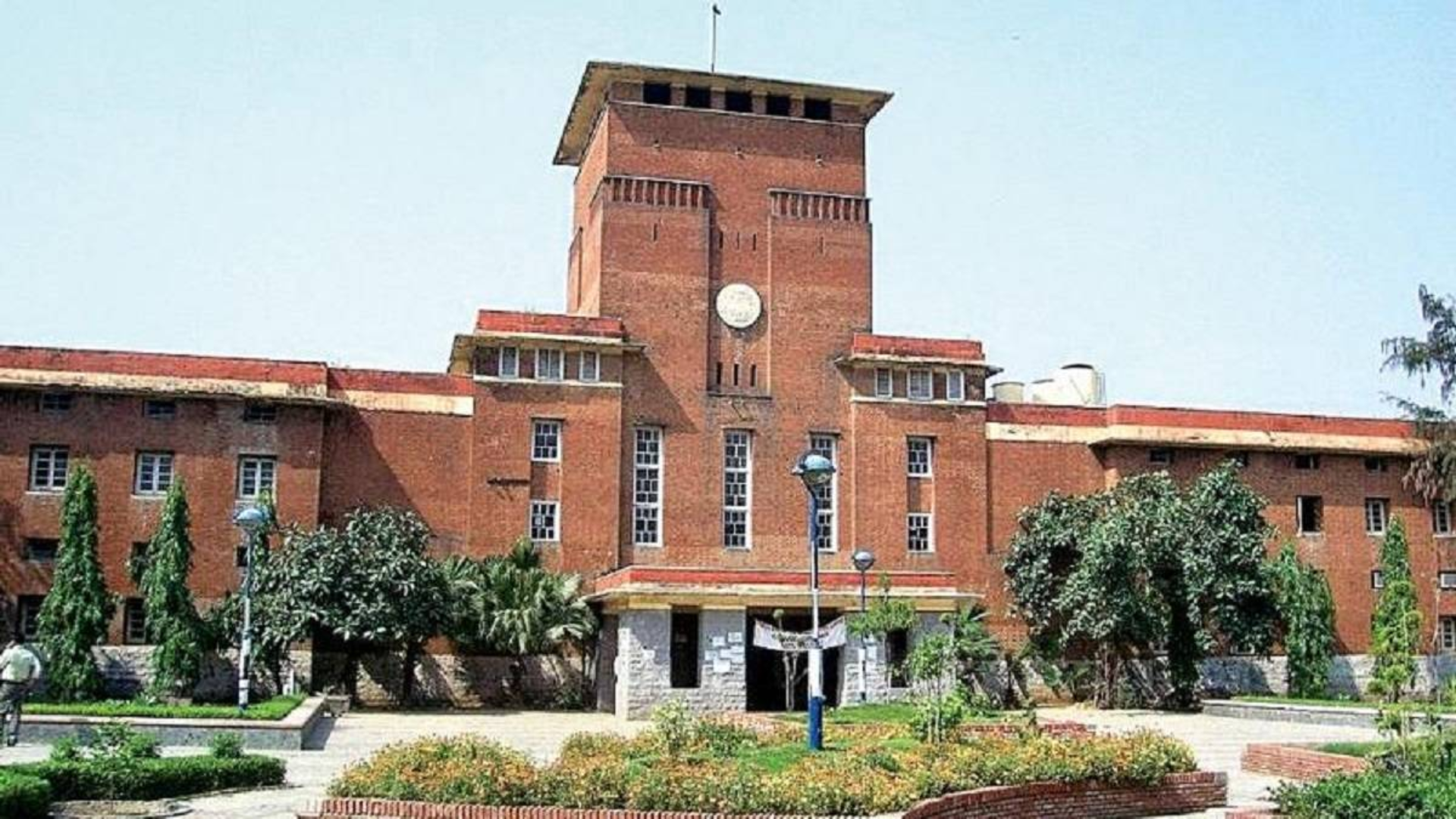The University Grants Commission (UGC) has recently awarded autonomy to eight universities, a move aimed at providing them with greater flexibility and independence in academic and administrative decision-making. Among the institutions granted autonomy are prominent names such as Delhi University, Central University of Rajasthan, University of Hyderabad, and others.
The decision, outlined under the University Grants Commission (Categorization of Universities for Grant of Graded Autonomy) Regulations, 2018, categorizes these universities into two groups, based on their NAAC grading. Four universities fall under Category 1 autonomy, while the remaining four are placed under Category 2.
M Jagadesh, the chairperson of UGC, explained that autonomy empowers educational institutions to innovate and excel in education and research, aligning with the objectives outlined in the National Education Policy (NEP) 2020. Autonomy will enable these universities to introduce new courses, establish off-campus centers, develop skill enhancement programs, and engage in various academic collaborations.
However, the move has sparked criticism from some quarters, particularly among teachers at Delhi University. They argue that autonomy could lead to a shift in financial burden onto students and parents, especially with the possibility of increased fees for new programs. Concerns have also been raised about the hiring of foreign faculty potentially exacerbating fee burdens.
The Democratic Teacher’s Front expressed concerns over the autonomy granted to Category-I universities, warning of the possibility of high fees for new programs. They highlighted existing instances, such as journalism and Bachelor of Technology courses at Delhi University, where fees are already perceived to be high.
This development comes in the wake of previous grants of autonomy to 60 higher education institutions in 2018. Notable among these institutions are Jawaharlal Nehru University (JNU), Aligarh Muslim University (AMU), Banaras Hindu University (BHU), and others.
The UGC’s categorization criteria are based on quality benchmarks, with universities achieving a NAAC score of 3.51 or above placed in Category I, those with scores between 3.26 and 3.50 categorized under Category II, and others placed in Category III.
As these universities navigate their newfound autonomy, the debate surrounding the implications for academic quality, accessibility, and financial sustainability is likely to continue.

















